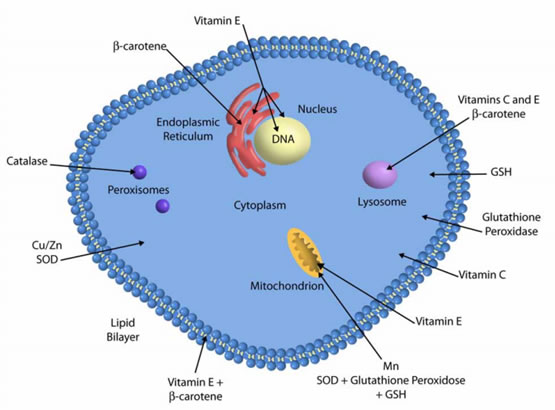Dear audience,
lately I have received quite a few negative news from various friends stating that they had caught a Histamine
Intolerance. This led them to hardly being able to eat anything anymore, losing strands
of hair, losing weight big time (no, I do NOT recommend this as a diet!) – in
the sum of it losing all life energy. So I got curious and started to research,
thinking if already more than one of my friends have it, how many people will
be out there suffering and probably not even knowing what they are suffering
from? Those my friends are people, who are very self-aware, very conscious
about what they are eating and drinking. So what happens to people, who are
less aware of these things? How do they cope?
In order to raise some
awareness regarding this issue, which unfortunately is another “sign o' time” I
gathered a few facts for you.
How does a histamine intolerance develop?
Bacteria in the bowel can
change through intake of antibiotics for example, so excess histamine cannot be
digested properly and you start to show allergic symptoms. There are other
medications, who can disturb the functioning of DAO, the enzyme system, which
breaks down the histamine.
What is Histamine?
As an important bio-active chemical it is indispensable in the efficient functioning of many body systems.
It is a neurotransmitter and is involved in the regulation of stomach acid, the
permeability of blood vessels, muscle contraction, and brain function. Histamine
defends the body against invasion by potentially disease-causing agents such as
bacteria, viruses and other foreign bodies.
It is made and stored within
white blood cells. When the immune system is activated in response to
foreign material entering the body, histamine is the first "defense
chemical". Histamine is always present when inflammation occurs, and
excess histamine will result in symptoms that resemble inflammation. In
addition to its role in controlling vital body processes and defending against
foreign invaders, histamine is a key mediator in the symptoms of an allergic
reaction. Since allergy is essentially an inflammatory reaction, histamine,
together with other protective inflammatory mediators is released in response
to the allergen. Allergens are components of living cells that in
themselves are harmless, such as plant pollen, animal dander, mould spores,
dust particles, dust mites, and foods. An allergic reaction to these
"foreign but harmless" substances occurs when the immune system
mistakes these innocuous materials for a potential threat.
Symptoms
An excess of histamine in
the body, which cannot be broken down by the gastric enzymes, can include all
kind of allergic reactions like:
-runny, congested nose
-itching skin
-drop in blood pressure
-headache
and many more.
If your reaction to certain
food occurs immediately, you do not suffer from histamine, but from a certain
food intolerance. Be careful to distinguish the two.
Histamine Diet
Histamine is raised by
protein, which enter your bowels. For example allergies to seafood are caused
like this. Cheese of all types, alcoholic beverages, vinegar, fermented
vegetables such as sauerkraut, fermented soy products such as soy sauce, and above
all many processed foods all contain substantial levels of histamine.
I
myself often develop an intolerance to alcohol, wine in particular. Imagine an evening with fish AND wine. From my and my friends' experience you are especially prone to reactions when you are already weekend by other conditions. Unfortunately, if you have to go on an anti-histamine diet in order to control
and eliminate your intolerance, there are also certain fruits and vegetables to
avoid, in particular citrus fruits, berries such as strawberry and raspberry,
tomatoes, several types of tree fruits such as apricot, cherry and plums, and
some vegetables, particularly aubergine, and pumpkin. As the research regarding
Histamine Intolerance is still in its initial phase, it is not sure how and why
many food additives such as preservatives trigger the release of histamine in
the body.
The
important thing is to recognize your intolerance and to treat it with an
anti-histamine diet. Mostly, you can heal yourself and slowly go back to normal eating
as a dear friend of mine did, but be patient – it can take several month or
even a year to get your body back to normal reactions. If you are experiencing
other allergic conditions at the same time, it will be nearly impossible for
your body to overcome the intolerance purely by a thorough diet. In that case
anti-histamine medications will have to be used.
Your
body through diet has to be brought to a level of histamine, which is lower than your usual tolerance.
For
a quite detailed food list please view this link: http://www.histamineintolerance.org.uk/about/the-food-diary/the-food-list
“Low histamine level” here does not mean, that you can eat these foods in
excess. Be conscious about a versatile diet. To remain with the example of
fish: if you get it freshly caught from your dealer or fish, which has been
frozen right on the spot so to say, you will have no problems. The histamine
levels rise though the longer the fish is “resting” somewhere before
consumption or freezing. During the diet you will experience, what works for
you and what does not.

